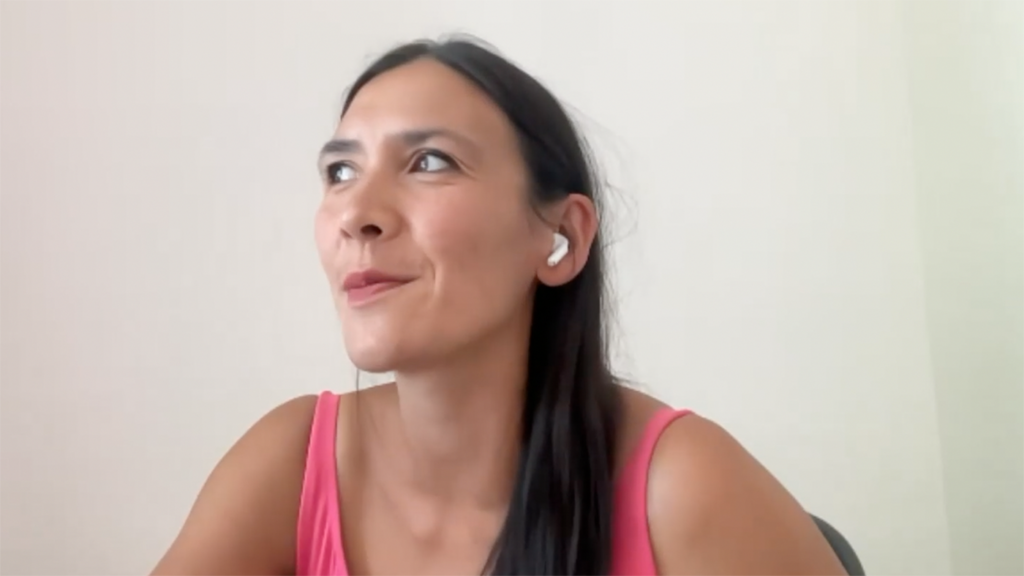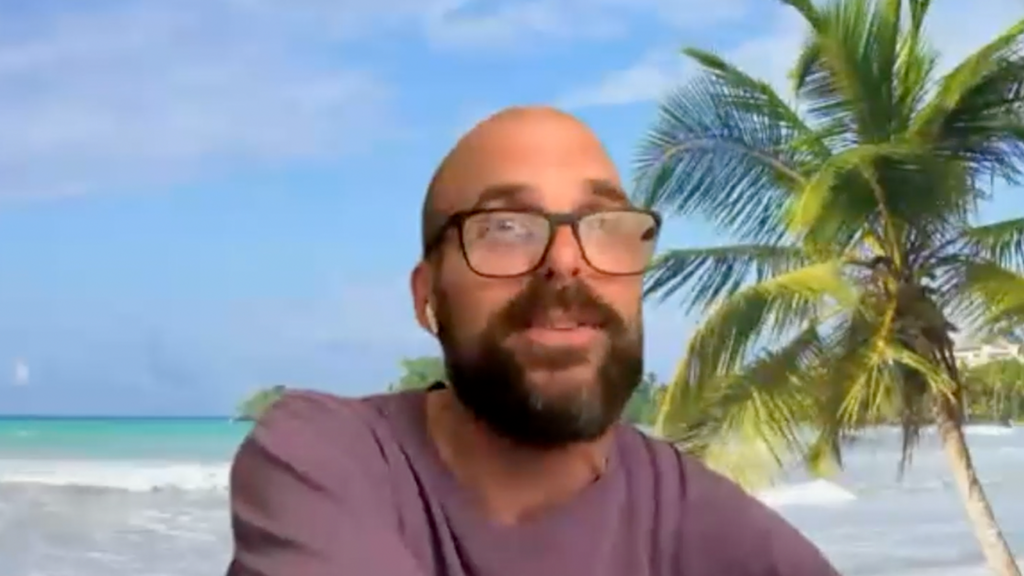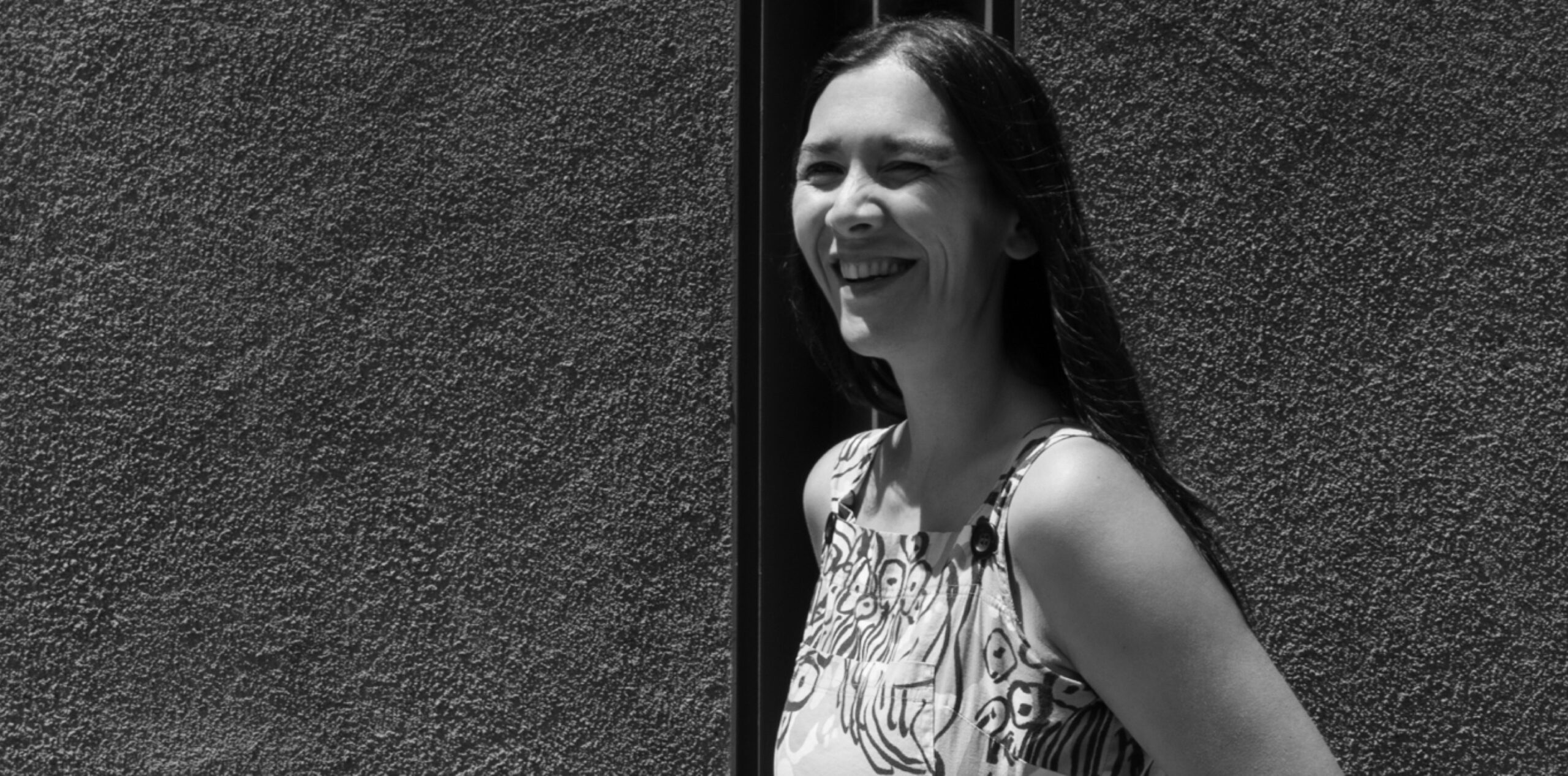Hand in Hand: The Art of Booking Tours & Artist Management
#HowWeListen Live: In Conversation with Michelle Cable took place on Tuesday, the 28th of June, live from LA. Michelle Cable, founder of Panache Booking and Panache Management.
Michelle joined us from Los Angeles, California.
The following transcript has been edited for length and clarity.
The music ecosystem is not the easiest of paths to choose as a career, having an undying passion for music is key. Michelle Cable developed her’s early in a small northern California town. In part I (below) Michelle introduces us to her long and winding road. She started when she was only 14 years old. She also talks about the importance of reliability and arriving in San Francisco.
The following transcript has been edited for length and clarity.
Marc Brown: Hi Michelle, welcome to #HowWeListen Live: In Conversation.
Michelle Cable: Hi Marc.
Marc: Where are you talking to us from?
Michelle: I’m in Los Angeles – I’m based here now.
Marc: OK, before we get too far can you tell me what you do exactly?
Michelle: For sure. I run two companies. A booking agency called Panache and a management company which is also called Panache. We’re a small boutique company but we work with a pretty large number of artists. We also have staff in Michigan, Texas and here in California.
Marc: So, to be boutique… how many people is that? Under the double digits?
Michelle: Yes! Our ethos also keeps us pretty independent-minded and feeling pretty boutique. People are always surprised by how few people actually work at Panache. The pandemic kind of added to that, but we get what we need to get done.
Marc: When we had a quick chat for the first time last week, you were telling me how Panache actually started, super interesting story.
Michelle: So, I’ve been doing Panache in one way or the other since I was 15 years old. I originally started a fanzine called Panache in Eureka, California where I grew up. I always loved music, and Eureka was a pretty boring, isolated, town. Being super isolated as a kid, you kind of create your own entertainment so I started going to shows from the age of about 14 onwards.


Marc: What year was this? Was the Internet a thing?
Michelle: I started going to shows in 1996 or so, so probably AOL was just starting around that time. When I started a booking agency, that was when the Internet was starting to be a thing, but we were still mainly calling people up on the phone.
OK, so I was a bored 15 or 16-year-old, and I was going to shows and so I decided to start writing and interviewing bands which eventually led to me putting together a fanzine. A photocopied, black and white printed book. My friends and I would review shows, restaurants, bathrooms…
Marc: You reviewed bathrooms?
Michelle: Yes! We reviewed festival bathrooms and restaurant bathrooms.
Marc: Did a lot of gigs come through where you lived or did you have to go to San Francisco?
Michelle: I started out interviewing bands that just came through Eureka – there’s a college nearby in Arcata, Humboldt State University, and my town was about 10 000 people, small but there were some good shows. I remember we interviewed The White Stripes and put them on the cover. A lot of the artists I work with today I first met when I was 17 or 18 when they first came through Eureka. It’s the perfect stopping point to break up the drive between San Francisco and Portland and so the town has some small venues. Most of the bands I interviewed were touring bands or local bands from the area.
Marc: So if this was pre or early Internet when you wanted to interview someone did you just find out who their manager was and call them up?
Michelle: I can’t remember how it always came about exactly. A good story I like to tell is one about a band called Raining Sound. My friend sent me a cassette tape, and I loved the music but didn’t realize it was a contemporary thing. When I looked them up I realized I could go see the band live. I got in touch with the singer and ended up interviewing him for my magazine when they were opening up for The Hives. What I figured out was that if you liked an artist and wanted to get a hold of them, with a little work, you usually could.
Marc: So back then your plan was never, “I want to start a fanzine and then turn it into a booking agency”. Did you even know what booking and management were back then?
Michelle: This comes up a lot! Really, at that age, I just needed something to entertain myself. I was bored and I enjoyed music, loved hearing stories and also getting to know the musicians. There was no real thought that this was going to lead me to an actual job. I got very engrossed in what I was doing. I started booking shows through the fanzine because I was organizing concerts around the release of different issues of the magazine. So then that led to me being a promoter, and then a booking agent, each step led to another and it slowly just evolved. I did the magazine on and off for over a decade.
Marc: So you do the magazine, and then you start booking bands. How long before all of the other agents started calling you? How quickly did it get around that you were now a promoter?
Michelle: I was surprised it happened so fast. Eureka was a popular place to go. The experience was pretty unique – people would come out and it would be a great, memorable show. As such a lot of artists would want to come back through there. People started to hear that I was reliable. Then it started to become the main thing that I wanted to do. I began to live and breathe working in the music world. Due to being so involved in what I was doing, I was even homeschooled during my last year of high school. I was driven. The magazine started to do well. It went from 400 copies per issue to, I think, our largest run of 40,000 copies.
One of the ways that the fanzine grew was by asking the people I met at shows for contacts where they came from who I could send the magazine to. It was independently distributed through a bigger and bigger network of people. There were also a handful of agents who started to use me for their artists. I wasn’t booking a lot, though, probably about only 1 or 2 shows a week.
Marc: That’s a lot of shows for a town of 30,000! That’s good.
Michelle: Yeah, it was! The music community in Eureka helped shape who I am today. I am so grateful for all of the people that were there. It was great because when a bigger band would tour through town I would book a local band to open for the. This meant they’d get new fans through that experience. Then it started to gown, and people in the neighbouring town would come to shows. I booked shows into all kinds of venues, some taverns and I actually booked some shows in a Denny’s!
Marc: Really? Who played in Denny’s? That sounds awesome.
Michelle: I can’t remember who, but I do remember we had to stop booking shows there because an underage kid peed on a cop car. Oh, and talking about the reasons why you’d want to play in Eureka, I remember one of the perks at Denny’s was that you could drink all you wanted from the bar and order anything off the menu.
It was really exciting, but eventually, I moved to San Francisco. That was a challenge. I felt confident in what I was doing in Eureka then. However, when I went to San Francisco I didn’t think that anyone would want to use some small-town person to book any shows. There were already people who were well established. I was wrong. A lot of bands and agents trusted me so much that they wanted to keep using me for shows in the Bay area. That helped me grow in what I was doing.
Marc: So you moved to San Francisco to keep booking but hoping to do it at a bigger level?
Michelle: Well, sort of. At that point, I’d done a bunch of tours on a smaller level. The magazine was still my main thing though. I didn’t plan to start promoting shows in San Francisco, but I did. I fell into being a booking agent about a year later. Up until that point, I was still working random jobs to make a living.
Marc: Did you make money from doing gigs back in Eureka?
Michelle: Not really, I didn’t even take a commission to be a promoter, I just did it to do it. Thinking back, that was probably why people liked working with me so much.
Marc: Ha! You can pee on cop cars AND there’s no commission. No wonder you did well.
Michelle: Exactly! In the beginning, I just did it because I loved it so much. When I moved to San Francisco I was working all these random jobs and I ended up working at this sneaker store. When it closed, that was when I took a risk and started trying to work in music full-time. Then this band from New York, Shellshag, called me one day and said that they would hire me and pay me a monthly stipend. So suddenly I became their solo booking agent. That first year I ended up only working for them.
That was still back before the Internet was a thing that people used to discover music. Touring was important back then, that was what led to people discovering new music. The way you would grow your audience back then was to go back to a town multiple times a year. So I was booking many Shellshag gigs and we ended that year of touring in Japan. That was because I had become close with a band there, and the two bands toured there together. Gradually, other smaller bands started to call and ask if I would book them too. Panache fully evolved from there.
Marc: And how many years was that from starting the fanzine to moving to San Francisco, to start the booking agency?
Michelle: I would say it took about 6 years or so.
Marc: Okay, so now what I want to do is jump forward to today. Back when you started it was all word-of-mouth. I’m curious to know what it’s like today booking tours and finding new places to play. Are there similarities to the way it used to be?
Michelle: I would say that the way I work is still pretty similar, it’s just the level of shows that’s different. Back then, I was working with pretty small bands and newer promoters because companies like AEG and Live Nation didn’t have as much of a stronghold on the industry as they do today. Today there are a lot of promoters that I still work with that started as independent promoters, but now work for bigger companies.
Marc: Is that because these bigger companies now own all of the venues?
Michelle: Yeah, they bought a lot of the venues or they realized that a certain person had cultivated something special in their town so they would come in and offer them a position. One of the main differences back then is that there used to be a wide range of promoters for all of the acts I was booking. Now, there are probably like 3 people that I’d hit up here in LA. I love working with small, younger promoters when I can but that also does not exist as much as it used to in the major cities.
Marc: So here is a question: Would the Michelle of today work with the Michelle of 25 years ago?
Michelle: Depending on the city, for sure. I still book bands where I grew up and I love trying to give more opportunities to the younger promoters. Unfortunately with COVID, you can not be as experimental with touring as I used to. It is so hard because you need to maximize what you do in a short amount of time. Most people I work with only want to tour for a maximum of 4 weeks. Today when I am organizing a tour, my rules are usually that you need a certain amount of days off per week like you try not to book shows on too many consecutive days to keep people happy and their mental health in good shape.
Marc: Mental health, I do not think that was something people were thinking of when you first got started. Do you think people have a different view of that sort of thing, being more aware or concerned about burning out?
Michelle: Well, I think that one reason things have changed is maybe that before, touring was the main source of revenue for artists. These days, with streaming, there are multiple sources of revenue. Touring was also one of the only ways to get exposure and expanded a band’s fan base but now it’s different. I think that today a younger artist might have to be on the road for a while longer because that is just how the tour can remain sustainable. Most artists who have been doing it for a while know their limits and have also developed multiple revenue streams so they are not relying, as much, on shows.
Touring has become difficult and expensive right now. Gas prices are insane, flights… Booking anything in advance is really expensive and affected by inflation. I think most promoters and agents would agree that ticket sales are down, people are now waiting until the last minute to buy tickets for a show or they do not even want to assume the risk of going to a show and getting sick. Touring seemed like a no-brainer before, but now because of COVID, you do not know if you will ever actually finish a tour.
Marc: That’s scary!
Michelle: Yeah, it changes the way you look at things.
Want more? Read Part II here!




